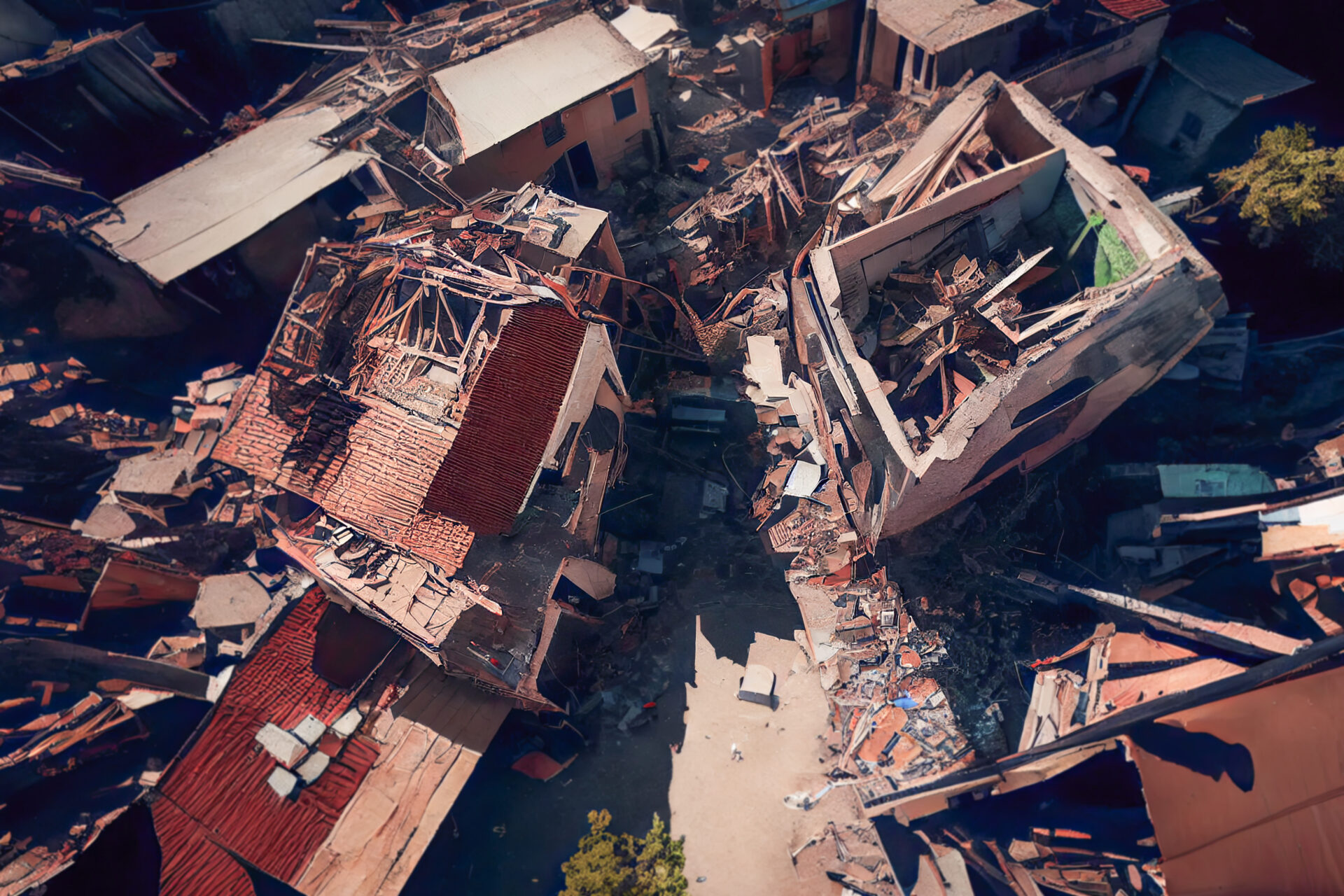In Turkey, press freedom violations threaten to muffle victims’ voices and hamper the coordination of aid efforts following the magnitude 7.7 and 7.6 earthquakes that devastated the country. Journalists are being intimidated, harassed, and assaulted while attempting to report on the situation.
I work with the Coalition for Women in Journalism (CFWIJ), a global non-profit organization that advocates for women and LGBTQ+ journalists from over 128 countries around the world, which has vehemently condemned these attacks. Such transgressions affect journalists’ ability to quickly and accurately relay information to the outside world — critical for a country where roads are blocked and phone lines are down — and threaten the physical and mental well-being of the journalists to whom they occur.
The CFWIJ met with journalists in Turkey to report on the press freedom violations experienced by women journalists on the ground. Journalists are working tirelessly to amplify the voices of people who are injured, trapped, and homeless in Turkey and deserve to have their voices heard.
INTERFERENCE FROM AUTHORITIES
Sema Çağlak, a reporter for Jinnews, told the CFWIJ that on Feb. 8, 2023, she and two of her colleagues were detained by Turkish police in Urfa, despite the fact that they all held valid press cards. After being taken to the station, they were informed that the only valid press cards for foreign reporters in Turkey were turquoise cards issued by the presidency. Sema and her colleagues were released later that day but had their press cards confiscated.
Misinformation and paranoia incite harassment that has journalists fearing for their ability to do their job and for their own safety. Press freedom violations like these cannot be tolerated.
Even the temporary accreditation cards issued by the presidency are not always respected. Ceren İskit, a Turkish journalist working with a foreign press team, told the CFWIJ that she was threatened by police while reporting on a temporary morgue in a sports center in Marash. She was accused of “manipulating things” and forced to leave the area even after presenting her card.
When questioned by journalists, government officials claimed that they had no idea why police were interfering with reporting, but journalists who admitted to previous conflicts with Turkish authorities waited longer than others for permission to report. Police involvement, along with a lack of cooperation from rescue authorities and government officials, slows the flow of information and makes it difficult to determine where to concentrate valuable aid resources. By trying to protect the government’s image, Turkish authorities are harming their own citizens.
ONLINE AND PUBLIC HARASSMENT
The Internet plays an important role in informing the world about the developing situation in Turkey. Even people trapped under the rubble have been able to communicate via social media. It is vital for coordinating aid efforts, especially when telephone lines are down. Unfortunately, the Internet is also another weapon in the arsenal of those who aim to silence journalists. Online harassment is a form of abuse that disproportionately targets women in the field. Social media is being used to intimidate women journalists who are covering the aftermath of the earthquake.
Elif Bayburt, an ETHA reporter, became the target of pro-government journalist Taha Hüseyin Karagöz after she began reporting on the damage done by the earthquakes. After accusing her of spreading terrorist propaganda, Karagöz, who works for the media outlet Yeni Şafak, shared her photo and press card with all of his followers on social media. Such inflammatory accusations incite the public and threaten women journalists’ safety not only online but in real life as well. Elif spoke to CFWIJ about the impact this had on her, but she was able to go back into the field and continue her reporting.
Numerous women journalists were accosted by the public while reporting in Turkey; in some cases, attacks turned physical. ArtıGerçek reporter Yağmur Kaya was the victim of a physical assault from a group of people in Malatya. Yagmur took to Twitter, where she explained that the group accused her of being “a provocateur” and of “smearing the Justice and Development Party and the state.”
Journalist Arzu Efeoğlu told the CFWIJ that she became frightened when a group of public citizens accosted her team while reporting on the situation in Gaziantep. The citizens insulted them and demanded to see their press cards, which Arzu denied for her own safety. Arzu put it well in a comment on Twitter: “propaganda against the foreign press is now putting our lives in danger.”
PRESS FREEDOM VIOLATIONS MUST END
Misinformation and paranoia incite harassment that has journalists fearing for their ability to do their job and for their own safety. Press freedom violations like the ones that are occurring in Turkey cannot be tolerated.
Press freedom means that journalists can do their jobs, and move freely and without fear of abuse, as they gather facts and report stories. Press freedom is vital to keeping the public informed of world events and having confidence that the reports they are witnessing are not a product of bias and fear-mongering. It allows for aid to be directed where needed. Freedom of the press also means that anyone can have their voice heard regardless of income or political standing.
There is an urgent need for transparency as Turkey and Syria try to recover from this devastating earthquake, and foreign press must be allowed to do their job without harassment from authorities at this crucial time.





















